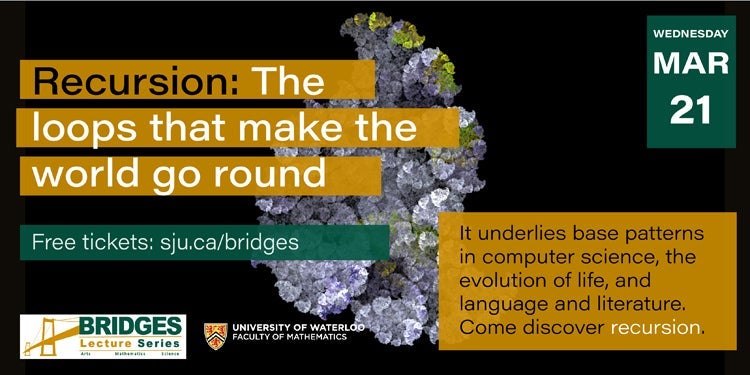Charles Perin, Department of Computer Science
City, University of London
We live in an increasingly data-driven world, where commercial, societal, environmental, and political decisions are made based on data. However, we also live in a world where most people lack the literacy required to participate in the data-informed debates of modern society. Perhaps the main barrier to improving people’s data literacy is that data is often associated with complexity, large scale, corporatism, and dystopia.
But data is about people.
